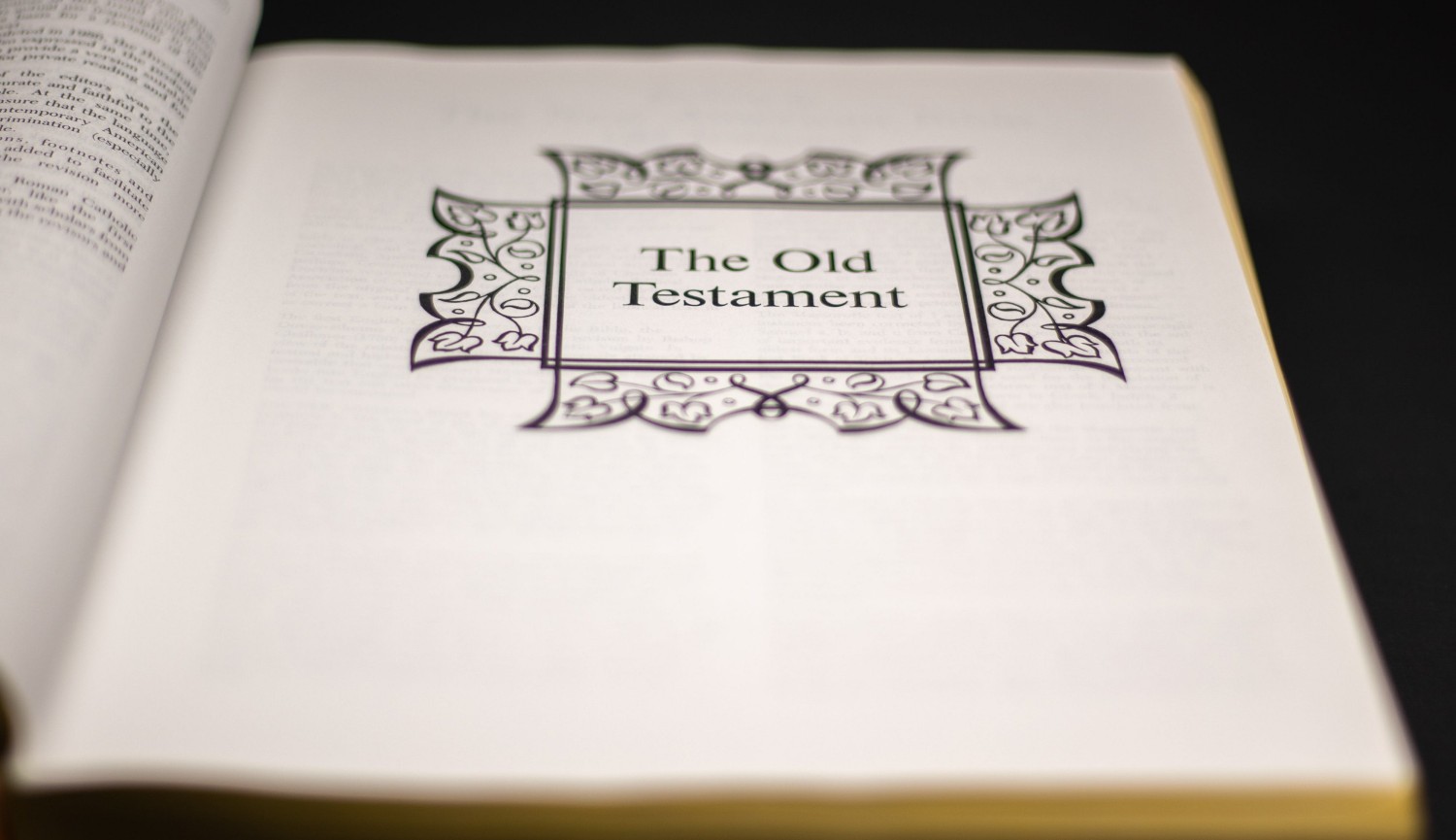The following article by the editor was translated from a small reference work in Portuguese that we hope to publish.
Since ancient times, the Lord God ordered his prophets to write down the revelations they received from him, Exodus 17.14; 34.27; Deuteronomy 31.19; Isaiah 30.8; Jeremiah 30.2; 36.2; 36.28; Habakkuk 2.2. The Lord himself wrote the Ten Commandments on the second tablet, Exodus 34.1; Deuteronomy 10.2. To produce the Old Testament documents, however, he inspired men and they wrote the word of God, 1 Peter 1.10-12. “(…) men carried along by the Holy Spirit spoke from God” 2 Peter 1.19-21.
The Old Testament is the Jewish collection of books that contains the law of Moses and represents for the people of Israel the covenant that God made on Mount Sinai. Christians call the book the “Old Testament,” because they received the new covenant through Christ.
Until the coming of Jesus, the Old Testament canon (that is, the collection of books) had already been closed. In the first century, its tripartite division was common, the law, the prophets, and the writings, Luke 24.44. (The writings were represented, sometimes, by synecdoche, by the largest book of the group, the Psalms.) Often, the division was abbreviated, for convenience, into just two parts: the law and the prophets, Matthew 5.17; 7.12; 22.40; John 1.45; Acts 24.14; Romans 3.21. From these references it is clear that Jesus himself used both ways of referring to the Old Testament.
The small party of the Sadducees accepted only the five books of Moses as being inspired, or canonical, but in general the Jews were in agreement as to which books to include. There were no books written in the Greek language. The addition, centuries later, of apocryphal books, written in Greek, was not the act of the people of Israel, to whom God gave the law, Romans 9.4.
For Christians, the Old Testament is of great value. If “all Scripture is inspired by God” 2 Timothy 3.16, all of it must be studied carefully. For the Old Testament reveals the unfolding of the divine project established before creation, the nature and character of God and great spiritual and moral principles valid in all ages. “For everything that was written in former times was written for our instruction, so that through endurance and through encouragement of the scriptures we may have hope” Romans 15.4; see also 1 Corinthians 10.11.
Additionally, here is a short paragraph about the Old Testament from Ed Mathews’s book, Survey of the Old Testament.
The Old Testament is the holy book (or sacred Scripture) of the people who, at different times in history, have been called Hebrews, Israelites, or Jews. The Old Testament has 39 books, spanning thousands of years of history, written down between 1400 BC and 400 BC. This was the Bible of Jesus, the apostles, and the early Church. During the 2nd century AD, the Gospels and the letters were regarded (by Christians) as inspired. Once these writings were given the status of Scripture, the Hebrew Bible was called the Old Testament and the Christian material was called the New Testament, Hebrews 9.15-17; cf. Jeremiah 31.31-34.
- How much of the Old Testament have you read?
- What books, stories, chapters, or principles in the Old Testament have most encouraged you?
- How would you describe the Old Testament to someone who knew nothing about the Bible?
- What difficulties do you encounter with applying the Old Testament to your life in Christ?
- Wherever our influence extends itself - 2026-01-20
- The language of doing good - 2026-01-12
- The greatest - 2025-12-07

I have always taught that we come to know the “personality” of God through the OT. HIS expectation of obedience, and His sense of Justice, are born throughout the OT, and this helps us understand the reason why Jesus had to die for my sin.